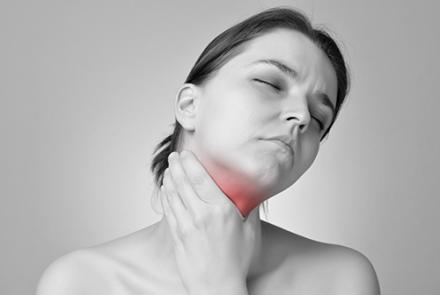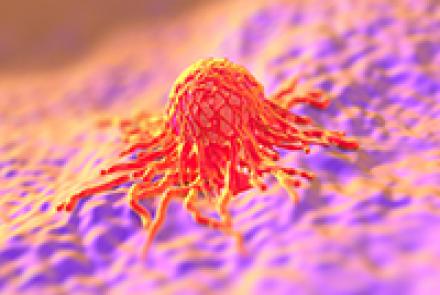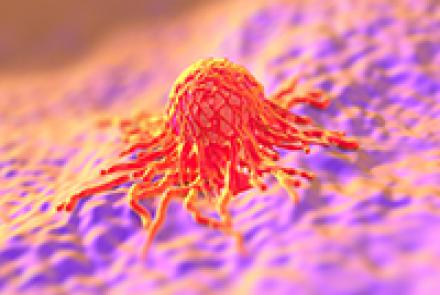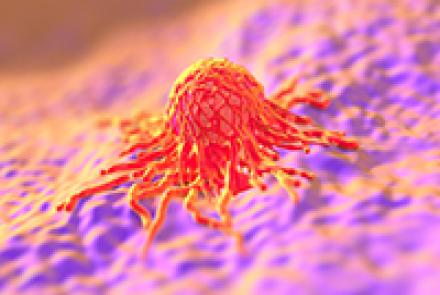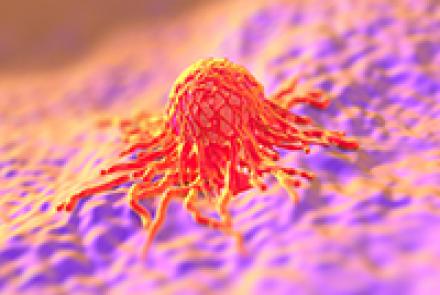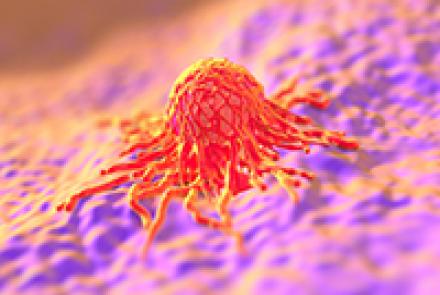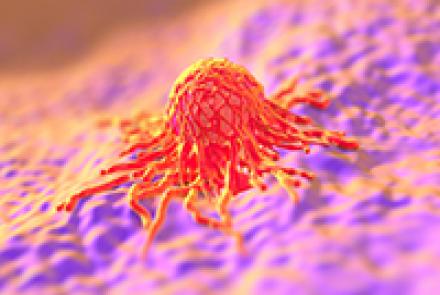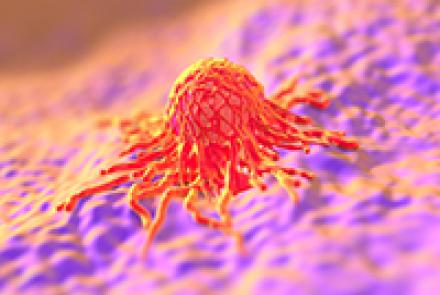There is no known method to preventing this condition. But if you do observe any of the symptoms or have any risk factors, you are advised to seek early diagnosis and treatment.
Latest Stories
- If your child is behind on the developmental milestones, it is important to act as early as possible. Lakshmi Gopalakrishnan, a Special Educator and Rehabilitation specialist, tells you why and what it involves. Human learning and development is most rapid in the preschool years. This is the time of ‘Maximum Readiness’ and is very important, especially if the child has a delay in development/a disability/high risk of attaining a delay or disability. If the ‘most…
- Food and Nutrition Cancer and cancer treatments can be harsh on the body. Lack of appetite, weight loss and muscle wasting are common during cancer and treatment. Healthy food choices that are high in calories and proetins can boost cell growth, weight gain and improve recovery. Here are some tips for good nutrition: Eat small and frequent snacks Eat every few hours Include lots of leafy greens and vegetables in the diet (but make sure they are washed and cooked properly to avoid…
- The options depend on the type of cancer, how far it has spread, age, lifestyle and the health status of the patient. There is no single treatment for cancer and doctors often combine different types of treatment. Surgery Surgery is the oldest known method of treating cancer. Surgery is quite effective if the cancer has not spread or metastasised. Surgery is often combined with other forms of therapy, like radiotherapy and chemotherapy. Chemotherapy Chemotherapy is generally used when the…
- What causes cancer There is no single cause of cancer. What affects a certain body tissue may not affect another. For example, tobacco smoke can cause lung cancer. Overexposure to sunlight can cause melanoma, but sun exposure won’t cause lung cancer and smoke won’t cause melanoma. Here are some common triggers: Genetics:Each cell in our body contains DNA, which controls its action. Any change or mutation to the DNA that damages the genes involved in cell division can lead to cancer. Cancer…
- Cancer accounted for an estimate 9.6 million deaths in 2018. This cancer burden can be reduced by avoiding key risk factors, early detecttion and management of patients. The risk of developing cancer depends on genes, environment and lifestyle. If the cancer is linked to certain behaviours, it may be prevented. Here are some dos and don’ts: Do not use tobacco (smokless and smoking) to protect against oral, lung and several other cancers Do not drink excessive alcohol to protect against liver…
- Cancer symptoms depend on the site and size of the cancer and how much it has affected the organ. If the cancer has spread, symptoms may appear in different parts of the body. Common symptoms include: Unexplained weight loss. Loss of more than 10 pounds may be the first sign. Lump under the skin. Fever, commonly seen in blood cancers like leukemia and lymphoma. Tiredness or fatigue that does not get better even after rest. Unhealing sores on the skin,inside the mouth or the genital area.…
- Cancer is named after the part of the body where it originates. In 2018, it was estimated that 18 million cases of cancer were detected globally. The five top most common cancers among men, globally, are: Lung Prostate Colorectal Stomach Liver The five top most common cancers among women, globally, are: Breast Colorectal Lung Cervical Thyroid Other cancers include: Brain cancer Childhood cancer (neuroblastoma,Wilms’ tumour, non-Hodgkin lymphoma, retinoblastoma) Pancreatic cancer Bile duct…
- Early detection can improve the effectiveness and success of the treatment. Depending on the type of cancer, the doctor may recommend some of the following: Imaging techniques such as X-rays, CT scans, MRI scans and ultrasound to locate the tumour and the organ affected by it. Blood samples are analysed for signs of cancer, which may include cancer cells, protein or other substances released by cancer cells. Examples of bloods tests include: Complete blood count: This common blood test is…

